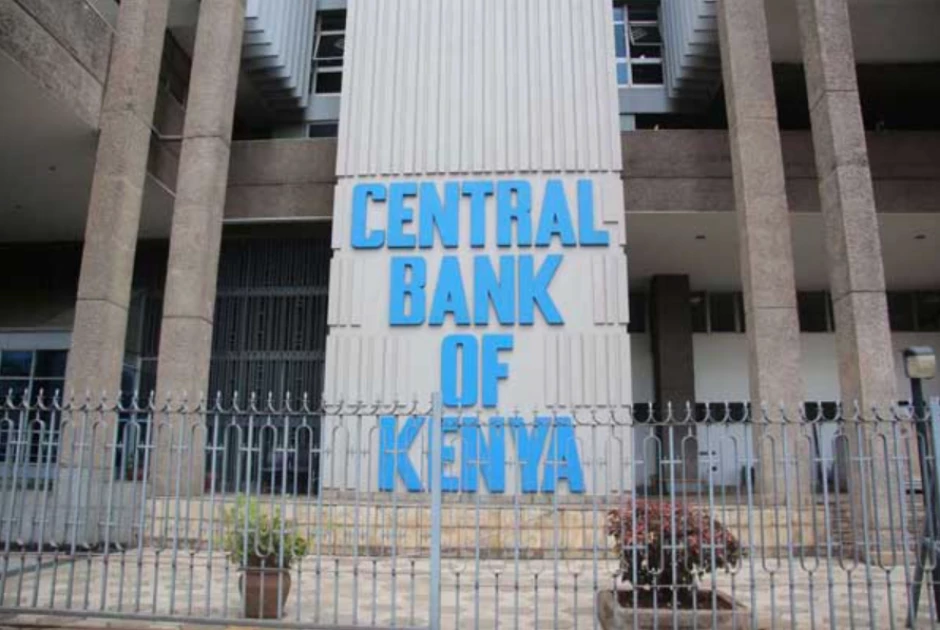
Central Bank of Kenya. Photo | courtesy.
The Central Bank of Kenya (CBK) has moved to dismiss speculation over a possible return to interest rate caps, clarifying that its recent consultative paper on risk-based credit pricing does not propose the revival of the controversial policy.
In a statement released after the close of public submissions on the Consultative Paper on the Review of the Risk-Based Credit Pricing Model, the CBK stated that the document “does not propose the re-introduction of interest rate caps.
The regulator reiterated its firm commitment to the current monetary policy framework, which is anchored on the interbank rate as the primary operational target.
The clarification follows a wave of feedback triggered by the release of the paper in April 2025. More than 40 submissions were received from a wide array of stakeholders, including commercial banks, non-bank financial institutions, international organizations, consultancy firms, academia, and members of the public.
CBK Governor Kamau Thugge said the institution would carefully review all submissions before reaching any conclusions. However, he maintained that the CBK’s overarching objective remains the promotion of a stable, transparent, and inclusive credit market not a return to restrictive measures that previously undermined access to loans.
“This review in no way signals a return to rate caps,” CBK emphasized. “Our focus is on enhancing a framework that enables lenders to price risk accurately while maintaining accessible and affordable credit for all.”
Interest rate caps were introduced in 2016, when Parliament passed a law limiting commercial bank lending rates to no more than four percentage points above the CBK’s base rate.
The policy was intended to make credit more affordable and shield consumers from predatory lending. However, it quickly produced adverse effects. Banks, wary of compressed margins, became highly selective in issuing loans shutting out borrowers deemed risky.
Small businesses and individuals with limited credit history bore the brunt of the policy, facing increased difficulty accessing formal credit. Instead of improving credit accessibility, the cap led to a tightening of lending conditions.
READ: CBK Cuts Lending Rate to 9.25% to Boost Cheaper Loans
The CBK, alongside various economists, consistently flagged concerns that the cap distorted credit markets and hindered economic growth. The law was eventually repealed in 2019, restoring flexibility in interest rate pricing and allowing market forces to guide lending decisions.
In its consultative paper, the CBK highlighted recent reforms aimed at strengthening the effectiveness of monetary policy transmission. A key change is the narrowing of the interest rate corridor around the Central Bank Rate (CBR), from ±150 basis points to ±75 basis points.
The CBK has also revised the Discount Window rate, cutting it from 300 basis points to 75 basis points above the CBR. These adjustments are aimed at enhancing alignment of short-term interest rates, improving market stability and signaling.
The review comes at a time when credit market efficiency is crucial for economic recovery, especially in a tightening global financial environment.
By reaffirming its position, the CBK seeks to strike a delicate balance encouraging responsible lending without reintroducing policies that once stifled credit access for millions of Kenyans




